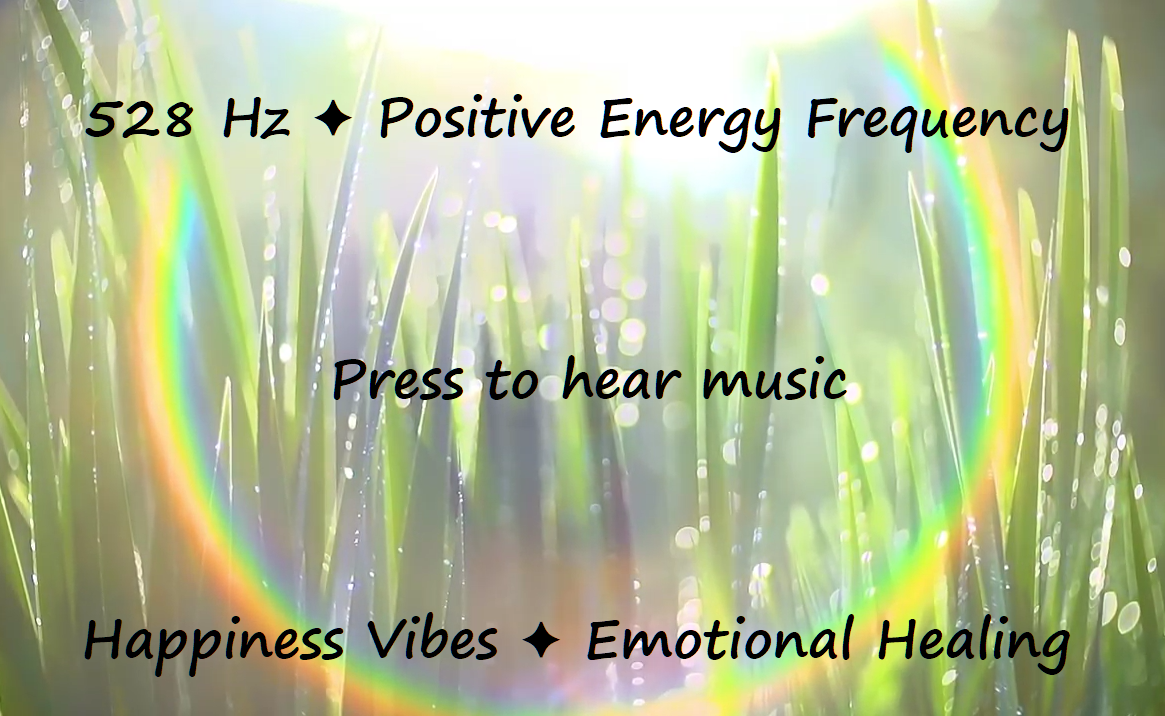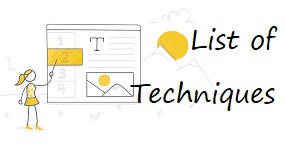P B R . . . . . . . . . . . . Before you begin this exercise
10 Minute Therapy . . .
Experiencing an idea intuitively
Tell yourself:
What happens next is the withdrawal of the self from the material plane. The construction vanishes into the nonmaterial.
Now exercise the fourth inner sense to discover what an idea really is. Discover this by experiencing the idea directly. Approximate this accomplishment by using psychological time -- the nontime.
Your idea of experiencing a concept is doubtlessly to follow it through from beginning to end. There is no beginning or end. Nor does the evolution of either an idea or a species involve time. It merely involves time in your universe.
Use psychological time.
Sit in a quiet room.
When an idea comes to you, reach out to the idea intuitively.
Do not be afraid of or reject unfamiliar bodily sensations.
With practice, you will find that you can become the idea. You will be inside the idea, looking out, not looking in. This is thought.
If you think you think . . . you are in for a surprise.

Your own consciousness as you think of it, as you are familiar with it, can indeed help lead you into some much greater understanding of the simultaneous nature of time. You use tools, instruments, and paraphernalia . . . but those tools do not feel time.
Figuratively speaking, stand where you are.
Think of that moment of conscious awareness as a path.
Imagine many other such paths, all converging.
Take one path in your mind and follow it.
Accept what you experience uncritically.
To some small extent you are altering your consciousness.
Of course, you are not altering your consciousness at all. You are simply using it in a different fashion, and focusing it in another direction.
Example:
Suppose that you stood in one spot all of your physical life, and that you had to do this because you had been told that you must. In such a case you would only see what was directly before you. Your peripheral vision might give you hints of what was to each side, or you might hear sounds that came from behind. Objects - birds, for example - might flash by you, and you might wonder at their motion, significance, and origin. If you suddenly turned an inch to the right or the left you would not be altering your body, but simply changing its position, increasing your overall picture, turning very cautiously from your initial position. So the little exercise above is like that.
You are presently little aware of the other dimensions of consciousness - your own or those seemingly outside your own. The true physicist is one who would dare turn around inside his own consciousness.

